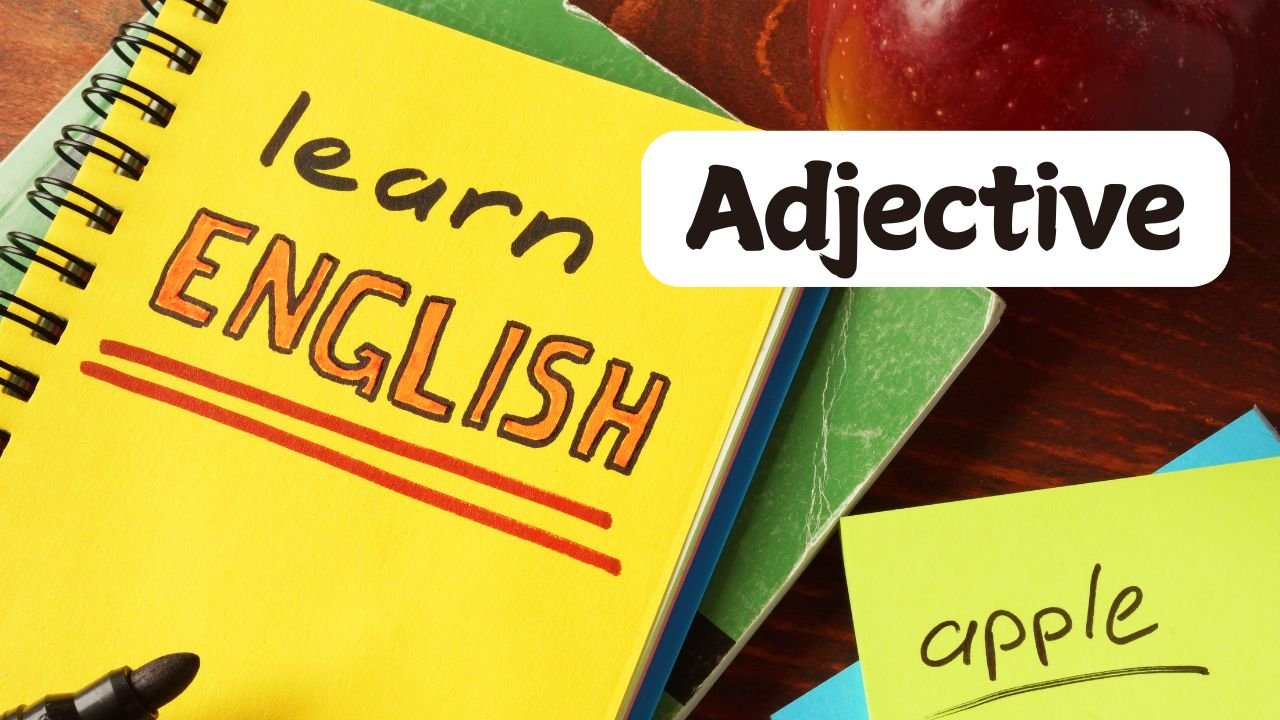Adjectives
Common Mistakes in Learning Adjectives
Learning adjectives can be tricky, and there are some common pitfalls that students often encounter. Being aware of these common mistakes will help you avoid them and master adjectives more effectively.
-
Confusing Adjectives with Adverbs: This is perhaps the most frequent mistake. Adjectives modify nouns and pronouns, while adverbs modify verbs, adjectives, and other adverbs. For example:
-
Incorrect: He runs quick. (Quick is an adjective, but it should modify the verb “runs,” so we need an adverb.)
-
Correct: He runs quickly.
-
Incorrect: She is a beautifully girl. (Beautifully is an adverb, but it should modify the noun “girl,” so we need an adjective.)
-
Correct: She is a beautiful girl.
-
-
Misusing Comparative and Superlative Forms: Remember the rules for forming comparative and superlative adjectives. Don’t use “-er” and “more” together, or “-est” and “most” together. Also, remember irregular forms (like good/better/best).
-
Incorrect: He is more taller than his brother.
-
Correct: He is taller than his brother. OR He is more tall than his brother (less common, but grammatically possible with some words)
-
Incorrect: She is the most prettiest girl in the class.
-
Correct: She is the prettiest girl in the class. OR She is the most pretty girl in the class (less common, but grammatically possible with some words)
-
-
Incorrect Adjective Order: When using multiple adjectives, remember the typical order (opinion, size, age, shape, color, origin, material, type). While native speakers sometimes deviate for emphasis, sticking to the order generally makes your writing sound more natural.
- Awkward: a red, big car
- Better: a big, red car
-
Using Adjectives as Nouns: In most cases, adjectives cannot be used as nouns.
- Incorrect: The rich should help the poor. (Here, “rich” and “poor” are being used to represent groups of people.)
- Correct: The rich people should help the poor people. OR The wealthy should help the impoverished. (Using the adjectives to modify implied nouns or using other nouns.)
-
Forgetting Predicative Adjectives: Remember that adjectives can also follow linking verbs and describe the subject. Don’t just focus on adjectives that come before nouns.
- Correct: The flowers are fragrant.
-
Not Capitalizing Proper Adjectives: Proper adjectives, derived from proper nouns, should always be capitalized.
- Incorrect: french fries
- Correct: French fries
-
Overusing Adjectives: While adjectives add detail, using too many can make your writing clunky and difficult to read. Choose your adjectives carefully and use them effectively. Sometimes, a strong verb or precise noun can be more powerful than a string of adjectives.
-
Confusing Demonstrative Adjectives with Demonstrative Pronouns: Demonstrative adjectives modify nouns, while demonstrative pronouns replace nouns.
- Adjective: This book is mine.
- Pronoun: This is mine.
Exercise
Test your understanding on Adjectives by answering the following questions.



9 responses to “Adjectives”
I’ve been exploring for a bit for any high-quality articles or blog posts on this kind of area . Exploring in Yahoo I at last stumbled upon this site. Reading this information So i’m happy to convey that I have an incredibly good uncanny feeling I discovered just what I needed. I most certainly will make sure to do not forget this web site and give it a glance on a constant basis.
I have been absent for some time, but now I remember why I used to love this site. Thank you, I¦ll try and check back more frequently. How frequently you update your website?
Good day! This post couldn’t be written any better! Reading through this post reminds me of my old room mate! He always kept chatting about this. I will forward this post to him. Fairly certain he will have a good read. Many thanks for sharing!
Great post. I am facing a couple of these problems.
Wohh exactly what I was searching for, appreciate it for posting.
You actually make it seem so easy with your presentation but I find this topic to be really something which I think I would never understand. It seems too complicated and extremely broad for me. I am looking forward for your next post, I will try to get the hang of it!
Premium attention to detail, luxury living properly maintained. Recommending to luxury properties. High-end excellence.
I like this web site so much, saved to fav.
You actually make it appear really easy with your presentation however I to find this topic to be actually something which I think I might by no means understand. It sort of feels too complicated and very large for me. I am looking ahead in your next put up, I¦ll attempt to get the hang of it!